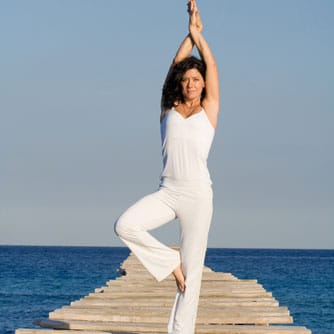The ability of a person to independently perform everyday tasks, such as gripping, walking, rising from a chair and balancing on one leg, may help to predict longevity. Researchers from the MRC Unit for Lifelong Health and Ageing (United Kingdom) reviewed 57 studies of physical capability assessments of community-dwelling seniors and identified 28 that assessed these traits in people of any age and recorded subsequent mortality. Although there was some variation between the studies, the team found consistent evidence of associations between all four measures of physical capability and mortality – people who performed less well in these tests had a consistently higher risk of death. From 14 studies (including 53,476 participants) that dealt with grip strength, the death rate among the weakest people was 1.67 times greater than among the strongest people, after taking age, sex, and body size into account. From five studies (including 14,692 participants) that dealt with walking speed, the death rate among people who were slowest was 2.87 times greater than among the people who were fastest, after similar adjustments. Five studies (including 28,036 people) that dealt with chair rising showed that the death rate of people who were the slowest was almost twice the rate of people who were fastest at this physical task. Submitting that: “Objective measures of physical capability are predictors of all cause mortality in older community dwelling populations,” the researchers posit that: “Such measures may therefore provide useful tools for identifying older people at higher risk of death.”




